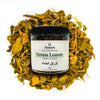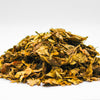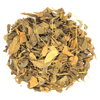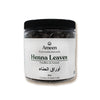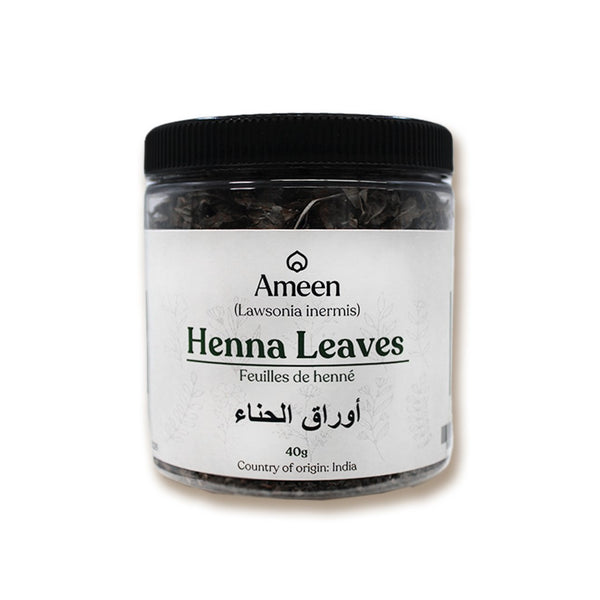Dried henna leaves, known for their deep cultural significance and varied applications, play a central role in various traditions and beauty rituals around the world. Notably, they are esteemed for their ability to impart a natural, earthy-red dye. This distinctive hue has been coveted across millennia, providing a vibrant touch to fabrics, hair, and skin. The leaves themselves are typically dried and then ground into a fine powder, which is subsequently used in a range of applications.
In the realm of beauty and personal care, henna has carved out an indispensable niche. The powder produced from these dried leaves is mixed into a paste and employed as a natural hair dye, lending a rich auburn tone to tresses. Moreover, it's used extensively in the practice of 'Mehndi' or henna tattooing, a time-honored art form in regions like India, North Africa, and the Middle East. This temporary body art is traditionally applied during festivals, weddings, and special occasions, symbolizing joy, beauty, and spiritual awakening.
In addition to its cosmetic uses, henna has also found its place in herbal traditions. It's believed to exhibit cooling properties, often used in Ayurvedic practices to soothe and condition skin, maintain scalp health, and contribute to general wellness. This versatility of dried henna leaves underscores their significant cultural, cosmetic, and holistic value across different societies and traditions.
Botanical Name: Lawsonia inermis
Also known as: Henna leaves, Lawsonia inermis, Mehendi leaves, Mignonette tree, Egyptian privet, Al-Khanna, Al Mendhi, Al Mehndi, Al Sindoor, Al Sanadra, Hennastrauch, Henne, Mendhi, Mehandi, Mehandika, Mendee, Al-Henna, Al-Kanam, Al-Reyhan, Al-Sumaq, Hene, Hina, Hennastruik, Hennebaum, Hennestrauch, Mignonette, Smooth Lawsonia, Egyptian henna, Jamaica Mignonette, Mignonette tree, and Reseda, Hinaa, Mehndi, Mhina, Mendika, Ranaka, Hena, Dan, Mignonette tree, Camphire, Zanzibar bark, Hina, Fleurs, Reseda de France, Inai, Pakar Kuku, Krapeen, Madayanti, أوراق الحناء, برگ حنا

